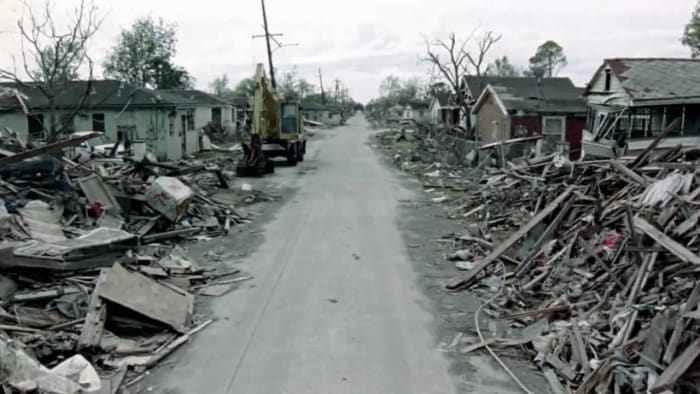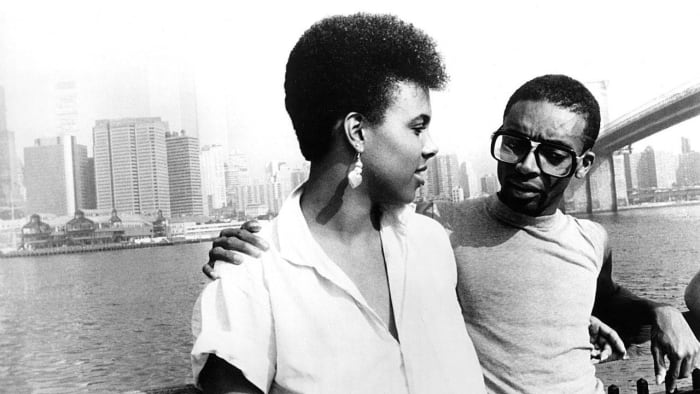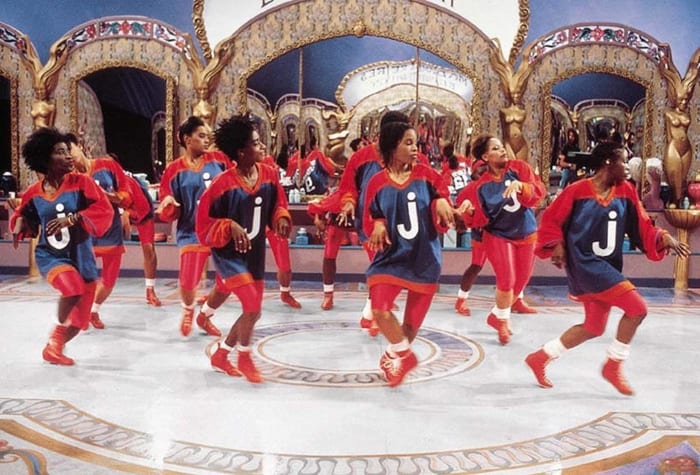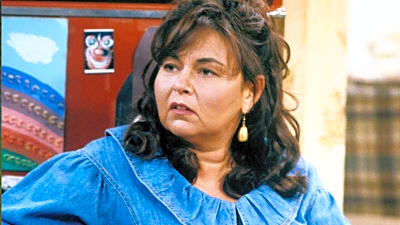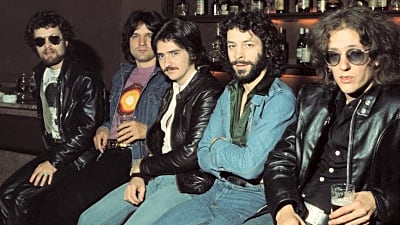x

Jim Spellman/Getty Images
Wake up! The 20 best Spike Lee Films, ranked
Throughout his 30-plus-year career, Spike Lee presented audiences with an uncompromising and eclectic view of black life in America through the art of cinema. Some of his work brought with it a fair share of controversy, but that hasn't deterred Lee from being one of the preeminent black voices in film. His latest, "BlacKkKlansman," is being hailed as a return to form for Lee as an auteur, and to celebrate this achievement, we take a look at the 20 best films of his career.
More must-reads:
- 15 reality TV stars who called out their shows for being fake
- How the 1990 Academy Awards lit the fuse for today's Oscar diversity initiative
Customize Your Newsletter
 +
+
Get the latest news and rumors, customized to your favorite sports and teams. Emailed daily. Always free!




